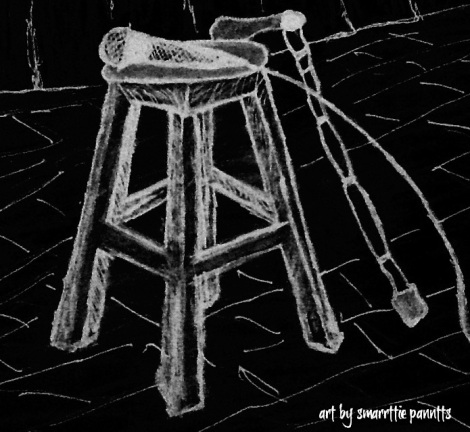Jonathots Daily Blog
(4313)
It is so much easier to deal with humans if you treat them as if they were people instead of elevating them to the status of little gods or demeaning them as raging demons.
I can always tell when something is going to fail.
If it’s presented to mankind as too spiritual or too intellectual, it is doomed. People are not particularly spiritual and only use their more brain-oriented side when it’s absolutely necessary.
Let me explain it this way. If you’re going to tell any person about something, there are three immediate questions that come to his or her mind:
- Where is it?
- What is it like?
- Do you have a picture of it?
Please do not think I’m marginalizing the masses. I’m just saying that Joe Schmoe and Jane Doe are visual.
It doesn’t matter what the subject is. You could bring up unicorns.
Here come the questions.
“Where are they? “
“Well, uh, uh, ah…well, not in any particular place…”
“What are they like?”
“They’re like…well, like a horse, with a horn in the middle of its head…”
“Do you have a picture?”
“By picture, do you mean photograph, or would you accept a third grader’s drawing?”
You see what I mean?
Now, it’s much simpler with some things.
Pizza, for instance.
“Where is it?”
“They make it at pizza places.”
“Ok—what is it like?”
“It’s got dough, sauce, cheese, and any topping you’d like.”
“Cool. Do you have a picture?”
“Yes. I actually do. We ordered a pizza last night, and it looked so delicious we took a picture of it and posted it on Instagram, trying to make our neighbors jealous.”
Now, if you’ve followed the premise so far, understand that if the answers to all three questions are reasonable, then what you have shared will be considered a reality.
But let’s say that two of the questions asked are answered well but one is not. In that case, most folks will consider it possible but not certain.
One question answered? Then unlikely.
Zero? We dub it stupid.
May I highlight this process with an example?
Santa Claus.
“Where is he?”
“Well…I know this is a little hard to believe but he’s at the North Pole.”
“So what is he like?”
“He’s fat, jolly and likes to give toys to all the girls and boys. He seems to rhyme all the time.”
“Okay. Do you have a picture?”
“Oh, yes. There are pictures, drawings, sketches—all over the place.”
Now you understand why Santa Claus still hangs around. To some people, he may be unlikely; to others, a great possibility—but he’s never stupid.
It’s the old principle of vaudeville:
- See your audience
- Know your audience.
- Work your audience.
So whenever you’re trying to sell your ideas, please keep the three questions in mind—even if you’re talking about God. Because here comes the first question.
“Where is he?”
“Ah…umm…he’s somewhere in heaven.”
“Well, that’s not much help. What’s he like?”
“Some say mean. Others say violent. A whole bunch of people think he’s loving to most but pissed at others. And I think there’s even a religion that believes there’s a thousand gods.”
And the final question:
“Do you have a picture?”
“No, I don’t. Nobody does.”
This is why all of us sprout some doubt about the reality of God, and in moments of weakness, may think he’s unlikely, or even that the whole idea is stupid.
As with everything else on this journey, you have to decide if you’re going to be an asshole or humble.
An asshole is the person who demands that people believe things they don’t understand.
A humble person knows that he or she is also human, is fully aware of the three questions, and does his or her best to break new revelations down to simpler realizations.


 The producers of jonathots would humbly request a yearly subscription donation for this inspirational opportunity
The producers of jonathots would humbly request a yearly subscription donation for this inspirational opportunity



